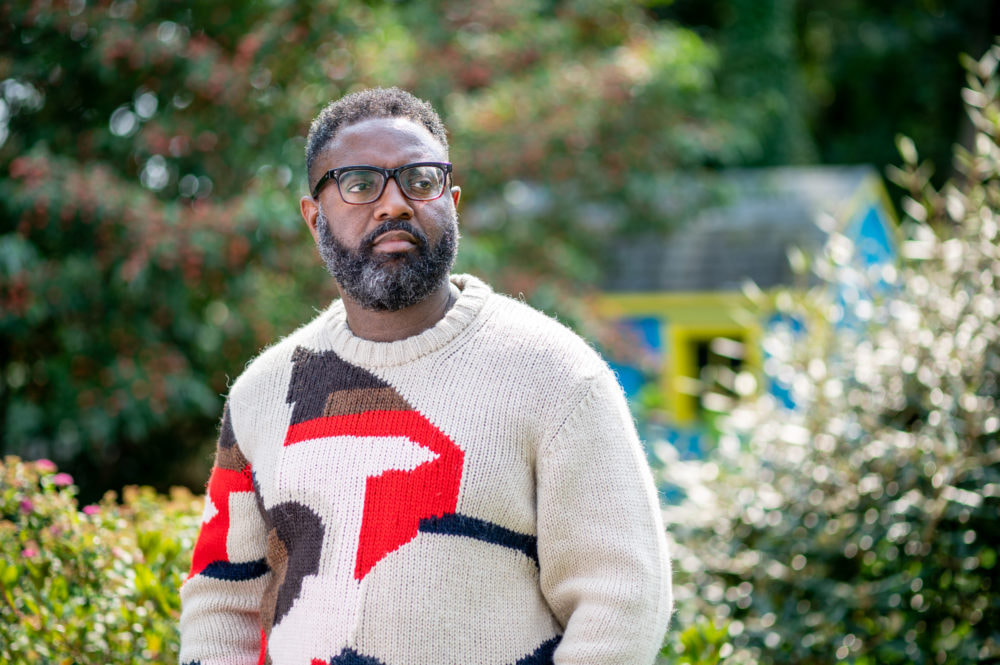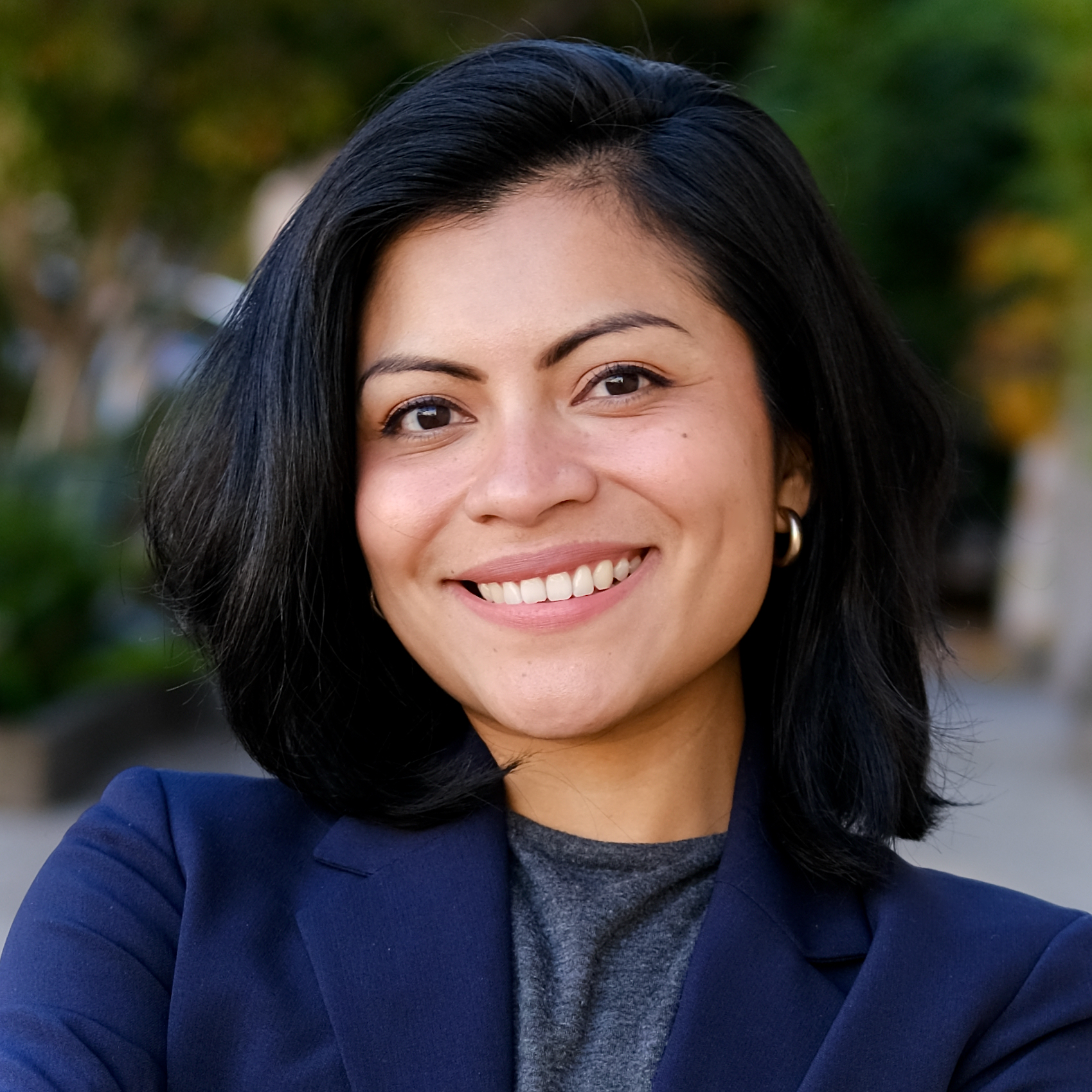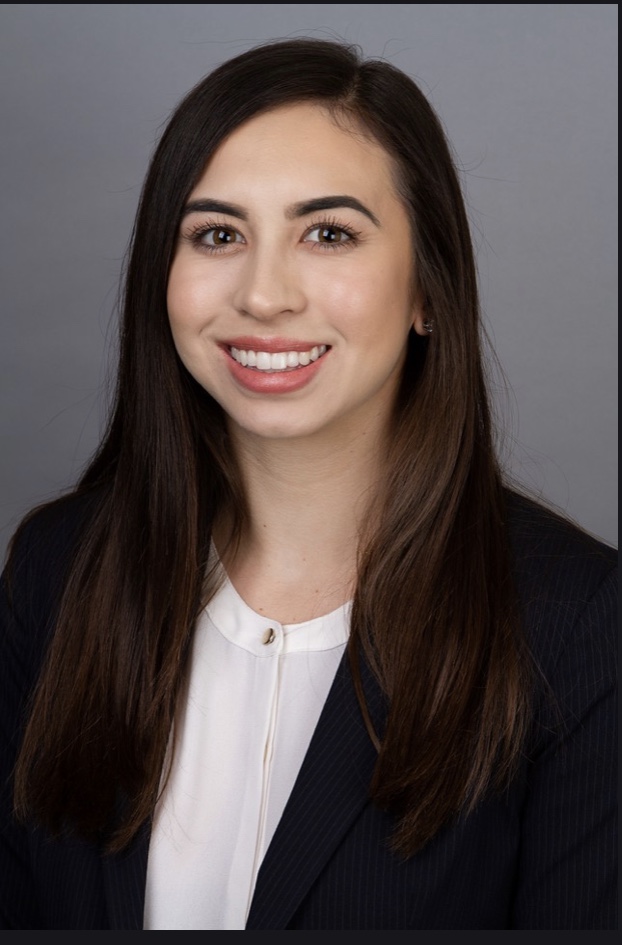A formerly incarcerated lawyer poet just won a Macarthur Genius grant
More of This
Reginald Dwayne Betts, a celebrated lawyer poet from Maryland, can now add MacArthur Fellow to his list of accomplishments.
But before all of those achievements, Betts was a 16-year-old boy serving an eight-year sentence in prison for a carjacking.
It was during his time in prison that someone slipped a book, “The Black Poets,” under his cell door. The contents of that book blew his mind.
Now more than 20 years later, he’s offering inmates that same experience by establishing “micro-libraries” in prisons throughout the country through his nonprofit Freedom Reads.
Betts says being awarded the fellowship, also referred to as the “Genius Grant,” is about as “surreal” as ending up in prison. In both cases, he says his actions influenced where he ended up.
A book written by Black poets was the last thing teenage Betts expected when asking for something to read while in prison, but the contents of those pages shifted everything for him.
Read the story on WBUR
Atlanta’s first Black woman DA is at the center of our racial crisis
Speaking Of...
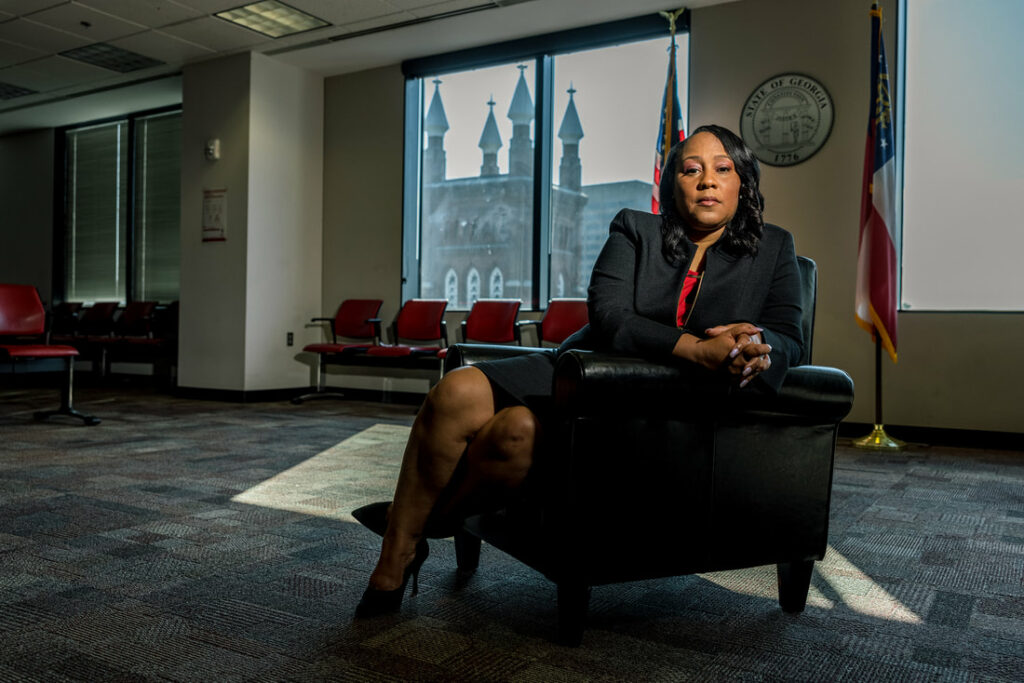
So much of what is ugly and unhinged about America can be seen in the eyes of a mother whose 8-year-old is dead. But, on a Tuesday in August, at Atlanta’s downtown courthouse, that’s where Fulton County, Ga.’s district attorney, Fani Willis, is looking. She’s meeting with Charmaine Turner and Secoriey Williamson, the parents of Secoriea Turner, a chubby-cheeked Black girl with generous eyebrows, who liked to make TikTok dance videos and throw up peace signs in candid pictures. A bullet pierced her back and killed her last year after she attended a Fourth of July fireworks show.
Secoriea’s killing was random, but part of a larger story. On June 12, 2020, an Atlanta police officer fatally shot Rayshard Brooks in the parking lot of a Wendy’s, setting off protests. By Independence Day, armed men—whom Willis takes pains to distinguish from protesters—had erected barricades nearby. It has since become public knowledge that city officials appear to have directed police not to intervene right away. Secoriea and her mother were in a Jeep that drove past the barricades, prompting multiple people to open fire. The family later put up a billboard imploring the public for information about her killers. But there have been no answers for more than a year.
“Mr. Williamson and Ms. Turner, I—your daughter’s life is everything, is everything, in this office,” Willis says. Charmaine Turner’s eyes, the only things visible above her blue surgical mask, have become deep pools. She looks as if a strong blast from an AC vent could displace her entirely. Williamson’s head, at points in his hands, is now craned forward. He’ll soon start asking questions. “And there’s no point for me to sit in this chair if we can’t do things that keep children safe.”
Willis delivers her news. She’s about to ask a grand jury to indict one man on charges of murder. She’ll also ask a grand jury to indict another man for various gang activities that under Georgia law could produce a 400-year sentence. Security footage from nearby businesses—an increasingly common factor in prosecutors’ decisions these days—is clear enough to see muzzle fire and read T-shirts worn by people at and near the scene. More defendants and charges could follow.
This is the practical and some might say political work that occupies any chief prosecutor of a major city. But the conversation Willis just led with Turner’s parents points to the enormity and gravity of the tasks in the Fulton County DA’s inbox. Murders in Atlanta and almost every other major U.S. city have surged. In Atlanta, homicides rose more than 60% in 2020, hitting 157 people killed. The increase in crime has not slowed this year. By mid September, the city’s homicide tally had reached 113.
But if big-city prosecutors everywhere are under pressure to reduce and punish crime, even as limiting imprisonment has just gained overwhelming public support and some degree of legal traction, Willis’ burdens are larger than average. She’s the first Black woman to ever serve as Fulton County’s chief prosecutor, with a mandate to dispense justice in a city known as the “cradle of the American civil rights movement,” the birthplace of Martin Luther King Jr. Adding to the pressure: as she juggles a prosecution backlog and her campaign promises to constituents, she does so under the spotlight of two cases that have drawn the nation’s eyes to her office.
Read the story on Time Magazine
We all keep pretending the Supreme Court is impartial
Say It Louder

Justice Amy Coney Barrett is offended by those questioning the impartiality of the Supreme Court.
“This Court is not comprised of a bunch of partisan hacks,” she announced at a recent event at the University of Louisville’s McConnell Center, named for Senator Mitch McConnell. “Judicial philosophies are not the same as political parties.”
For Barrett to insist on her nonpartisanship at a center named for the legislator whose procedural hardball was instrumental in securing her seat suggests that, although Barrett’s peers have praised her legal mind, her sense of irony leaves something to be desired. But then, it’s not much more absurd than her colleague Justice Brett Kavanaugh insisting on his impartiality days after vowing revenge against the left while under oath. Similarly, Justice Clarence Thomas recently warned against “destroying our institutions because they don’t give us what we want, when we want it,” complaining that “the media makes it sound as though you are just always going right to your personal preference.” Next month, Thomas will give a keynote address at a symposium celebrating his years on the Court at the right-wing Heritage Foundation, alongside McConnell.
This insistence—that justices are simply following the law—is a common rhetorical tool in the partisan conflict over the Court. The most partisan judges will not admit to being hacks, instead framing their actions as consistent with the rule of law. No one wants to admit to being a hack; even hacks have to sleep at night, and resting is much easier if you’ve convinced yourself that you are an infallible tribune guided by the infinite wisdom of the ages.
The current makeup of the Roberts Court is itself the outcome of a partisan battle that has spanned decades, one in which the conservative legal movement has won a tremendous victory that is certain to shape American life for generations to come. Anticipating their future triumphs, though, the very justices championed by this movement have taken to denying both this victory and its implications, insisting that this casino is resolutely opposed to gambling—in fact, it’s not a casino; it’s a church, and its critics are engaging in acts of civil blasphemy. With absolute control of the Court, the conservative legal movement’s main obstacle is the fact that its extreme views are unpopular. When those views are imposed on the public in the future, the justices want to be able to claim that their decisions are the result of impartial legal reasoning, rather than motivated reasoning by committed right-wing ideologues. But that doesn’t make the proposition that the justices are free of partisanship any less ridiculous.
Read the story on The Atlantic
Judges and clerks keep misgendering a trans lawyer
Less of This
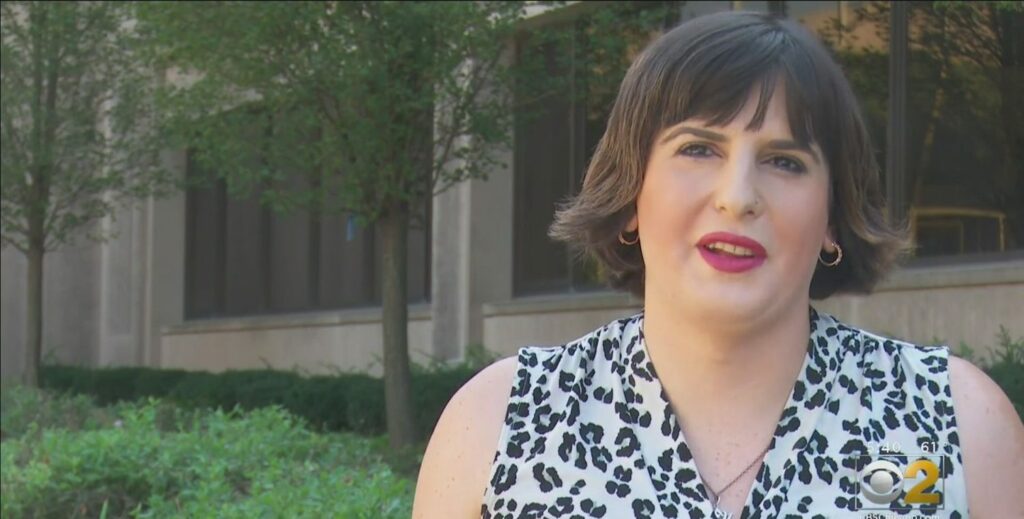
She’s a transgender attorney who says she’s been repeatedly harassed and discriminated against in court. The other problem? The state’s ethics rules for attorneys actually allow that.
Morning Insider Tim McNicholas takes us inside her fight for stronger protections.
Her name is Sheryl Ring. It’s printed on the official card issued to licensed attorneys in Illinois.
But that hasn’t stopped a revolving door of problems at one courthouse after another across Chicagoland.
“I have judges out me,” she said. “Dead-name me,” meaning using her birth name after she had it legally changed.
“I have been misgendered or called slurs from the bench,” she added. “I have had judges who simply call me sir.”
She said, in one case, a court clerk has willfully refused to use her legal name.
Ring sued the Winnebago County Clerk of the Circuit Court in August, accusing them of using her pre-transition name in court proceedings and e-filings, leaving her clients confused, despite her repeated requests to be called by Sheryl Ring – her name since 2017.
“I do believe it was deliberate,” she said. “I should not have to disclose my gender identity to every client or to every client in a certain jurisdiction.”
She said that clerk’s office finally started calling her Sheryl Ring last week, but her fight isn’t over.
Read the story on CBS




